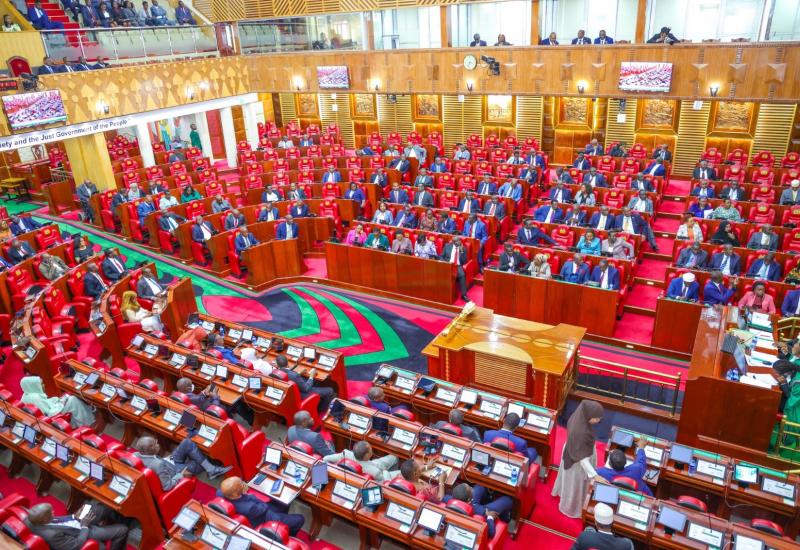Ugandan President Yoweri Museveni has stirred a heated regional debate after warning that future conflicts in East Africa could arise from disputes over access to the Indian Ocean.
His comments, made on Sunday, November 9, raised diplomatic concerns and sparked intense reactions from Kenyans who questioned whether Uganda has any claim over the ocean.
Museveni argued that it is wrong for any single country in the region to assume exclusive ownership of the Indian Ocean. He compared East Africa to a block of flats, saying that even those living on the upper floors should have shared access to the common compound.
According to his analogy, Uganda may be landlocked, but that does not mean it should be denied access to the sea, which he boldly referred to as “my ocean.”
Kenyans on social media quickly reacted, many dismissing Museveni’s remarks and challenging the logic of his comparison. Despite the public uproar, Kenya’s Foreign Affairs Principal Secretary Korir Sing’oei played down fears of tension between the two countries.
Sing’oei stated that Museveni understands the legal boundaries and the rights of each nation regarding their territories and natural resources, suggesting that there was no imminent diplomatic crisis.
Do Landlocked Countries Have a Right to Access the Ocean?
While Museveni’s comments sounded controversial to many, international law does grant certain rights to landlocked nations. The United Nations Convention on the Law of the Sea (UNCLOS) provides clear guidelines that support the rights of countries such as Uganda to access the sea through neighbouring states.
Article 125 of UNCLOS states that landlocked states have the right of access to and from the sea for purposes such as trade and benefiting from freedoms of the high seas.
This includes the freedom of transit through the territory of coastal nations using various means of transport.
However, the actual rules, conditions, and routes used must be agreed upon through bilateral or regional agreements between the countries involved.
At the same time, UNCLOS also protects transit states by affirming their sovereignty. Coastal nations maintain full control over their land and can enforce regulations that ensure the rights of landlocked nations do not interfere with their own security, national interests, or territorial integrity.
How Are Disputes Over Ocean Access Legally Handled?
If a conflict arises between countries regarding ocean access or related maritime rights, UNCLOS outlines clear dispute resolution mechanisms.
Under Article 287(1), states can choose how they want disputes handled, whether through the International Tribunal for the Law of the Sea (ITLOS), the International Court of Justice (ICJ), or different forms of arbitration specified under Annexes VII and VIII.
These structures aim to prevent conflicts by offering peaceful, structured, and legally recognized solutions.
Was Museveni Hinting at Something Bigger?
According to Kenyan geopolitical and economic analyst Aly-Khan Satchu, Museveni’s statement may have been strategic rather than confrontational. Satchu believes the Ugandan president is positioning his country to negotiate better port access terms.
He added that Uganda may be aligning its interests with Ethiopia, which has also been pushing for stronger access to key ports in the region.
Satchu suggests that Museveni could be seeking a more sovereign or long-term arrangement at a major East African port, giving Uganda more control over its trade routes and reducing its dependence on neighbouring countries.
In his view, the statement was less about threatening war and more about opening the door to negotiations that favour Uganda’s long-term economic and security plans.
Join Government Official WhatsApp Channel To Stay Updated On time
https://whatsapp.com/channel/0029VaWT5gSGufImU8R0DO30


